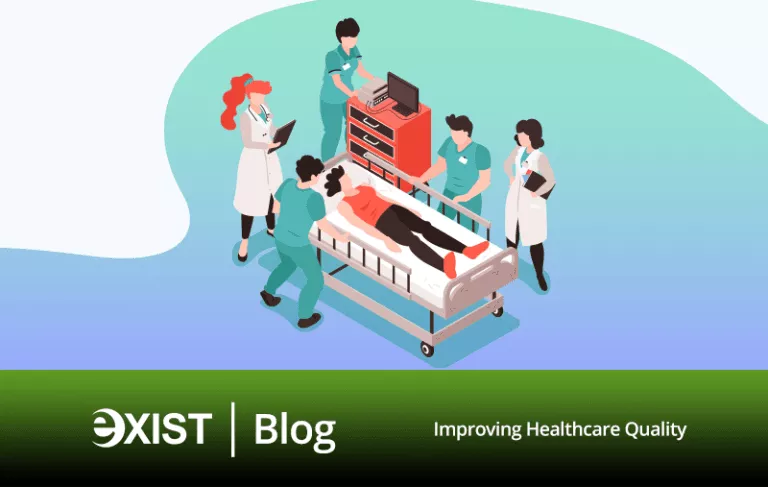If there is a word often used (and abused) in marketing, it is the word ‘quality’. Why not? Positive quality connotes class, distinction, and a cut above the rest. More often than not, it also subtly echoes what being upscale is as opposed to bargain type items as well as services. From the abstract (one’s life) to the mundane (pencil, paper, computers), there is nothing quite as aspirational as shooting for superior quality. In healthcare, patients, doctors, and care institutions pursue quality at every touchpoint. Yet, knowing whether they’re (patient) getting or providing (doctors, nurses, providers) quality care has always been a matter of debate. Even medical professionals can’t always judge this. Quality management in health care works to measure the health benefits of doctors’ and hospitals’ work and improve patient outcomes. Quality Management in health care works to reduce errors and improve patient care. The safety and effectiveness of treatment are two of the most critical measures of quality. Mr. Fraser Sherman writes an excellent piece about the challenge of measuring quality in healthcare. Put simply he writes that, “Quality management in health care works to reduce errors and improve patient care. The safety and effectiveness of treatment are two of the most critical measures of quality.” He writes further that formulating healthcare metrics is complicated in healthcare compared to other businesses dealing with bottom-line sales and revenues. In health care, different patients may have widely different problems, even in the same specialization such as OB-GYN or oncology. Despite similarities, treatment, and services to patients’ conditions have to be individually tailored, not mass-produced. Despite this, health care quality is measurable! According to Tefen Management Consulting, it’s the degree to which programs, policies, services, and research produce good health care outcomes and lead to conditions in which people can stay healthy. The National Center for Biotechnology Information (NCBI) describes quality management in health care as a strategy or strategies that meet the needs of the industry’s customers, the patients. You can read more on the informative piece here: https://smallbusiness.chron.com/quality-management-health-care-62136.html#socialshare The effectiveness and safety of treatments are particularly important. Prioritizing quality management in these areas yields the best results. Check out our healthcare product, MEDCURIAL, and see how it helped some of the biggest hospitals in the country provide better patient outcomes.Tip:

Quality Management in Healthcare in 2020
https://exist.com/wp-content/uploads/2020-09-02_medcurial_blog-768x487-1.webp
768
487
Exist Software Labs
//exist.com/wp-content/uploads/logos/exist/logo-default.png

